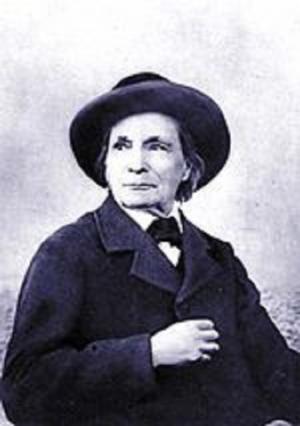Church History, Life of Constantine, and Oration in Praise of Constantine
Nonfiction, Religion & Spirituality, Christianity, Church| Author: | Eusebius | ISBN: | 9781455311552 |
| Publisher: | B&R Samizdat Express | Publication: | December 15, 2009 |
| Imprint: | Language: | English |
| Author: | Eusebius |
| ISBN: | 9781455311552 |
| Publisher: | B&R Samizdat Express |
| Publication: | December 15, 2009 |
| Imprint: | |
| Language: | English |
According to Wikipedia: "Christian Church and the word church are used to denote both a Christian association of people and a place of worship. The word church is usually, but not exclusively, associated with Christianity. The term means something quite different for each religious institution that sees itself as belonging to the Christian traditions. The Roman Catholic Church and the Eastern Orthodox Churches each claim to be the one Church established by Jesus Christ, specially guided by the Holy Spirit as the Body of Christ. This ecclesiology describes those people, including other Christians, not in full communion with the Church as standing in several degrees of imperfect communion; other churches are recognised as legitimate to varying degrees, but also as deviant from the true and orthodox Christian faith to varying degrees. The word 'church' (lower case c) also describes particular different groups of tradition within the Church, e.g. the Syro-Malabar Rite church as a particular church within the 'Catholic Church', as is each diocese, while the Greek Orthodox church is a particular church within the 'Orthodox Church'; again, to a Catholic the Eastern Orthodox are but particular churches, and conversely to an Eastern Orthodox the Roman Catholics form particular churches, each not viewing the other as 'the Church' commissioned by Jesus. The other Eastern churches such as the Oriental Orthodox are also viewed by both in this way. Anglicans feel that they are but a branch of the Church. Neither the Eastern Orthodox nor the Catholics recognise Protestants as 'churches' at all, describing them as communities in imperfect communion with the Church, as they have not maintained the particular features of historic Christianity (such as Apostolic succession) that the Catholic/Eastern Orthodox define as conferring 'church' status. In both the secular and the Protestant views, the Christian Church is a religiously ambiguous and cultural-sociological term to refer to all religions based on the worship of Jesus of Nazareth as the Son of God."
According to Wikipedia: "Christian Church and the word church are used to denote both a Christian association of people and a place of worship. The word church is usually, but not exclusively, associated with Christianity. The term means something quite different for each religious institution that sees itself as belonging to the Christian traditions. The Roman Catholic Church and the Eastern Orthodox Churches each claim to be the one Church established by Jesus Christ, specially guided by the Holy Spirit as the Body of Christ. This ecclesiology describes those people, including other Christians, not in full communion with the Church as standing in several degrees of imperfect communion; other churches are recognised as legitimate to varying degrees, but also as deviant from the true and orthodox Christian faith to varying degrees. The word 'church' (lower case c) also describes particular different groups of tradition within the Church, e.g. the Syro-Malabar Rite church as a particular church within the 'Catholic Church', as is each diocese, while the Greek Orthodox church is a particular church within the 'Orthodox Church'; again, to a Catholic the Eastern Orthodox are but particular churches, and conversely to an Eastern Orthodox the Roman Catholics form particular churches, each not viewing the other as 'the Church' commissioned by Jesus. The other Eastern churches such as the Oriental Orthodox are also viewed by both in this way. Anglicans feel that they are but a branch of the Church. Neither the Eastern Orthodox nor the Catholics recognise Protestants as 'churches' at all, describing them as communities in imperfect communion with the Church, as they have not maintained the particular features of historic Christianity (such as Apostolic succession) that the Catholic/Eastern Orthodox define as conferring 'church' status. In both the secular and the Protestant views, the Christian Church is a religiously ambiguous and cultural-sociological term to refer to all religions based on the worship of Jesus of Nazareth as the Son of God."

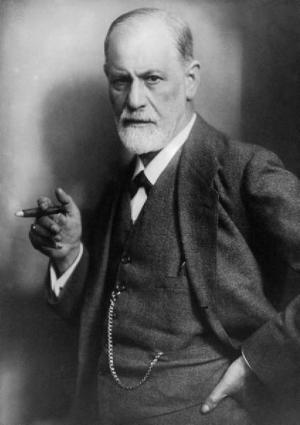
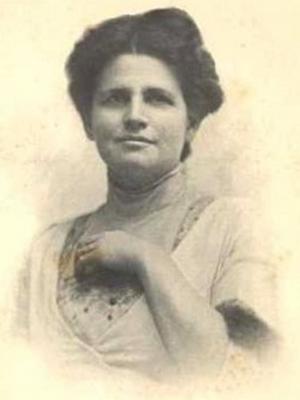

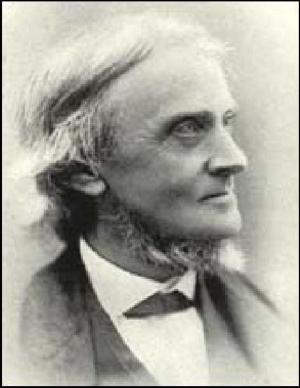


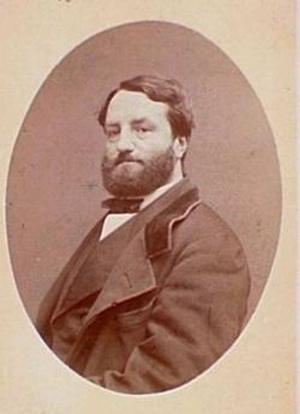
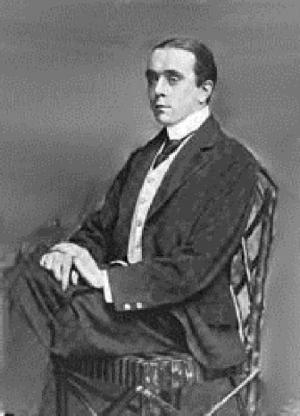
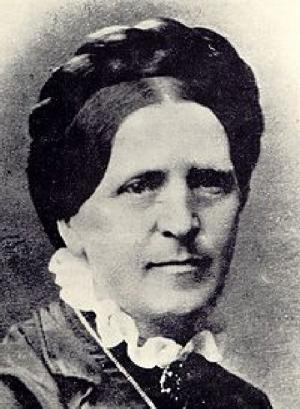
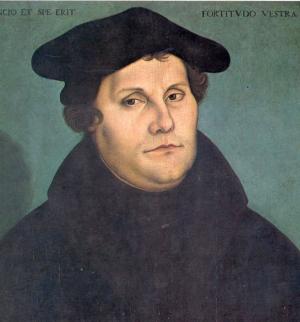
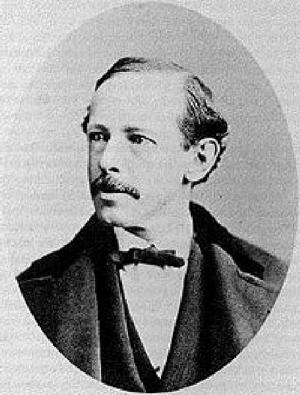

![Cover of the book Der Parasit, oder die Kunst, sein Glück zu machen. Ein Lustspiel nach dem Französischen [des Picard] (in the original German) by Eusebius](https://www.kuoky.com/images/2009/december/300x300/9781455358595-I0YH_300x.jpg)

